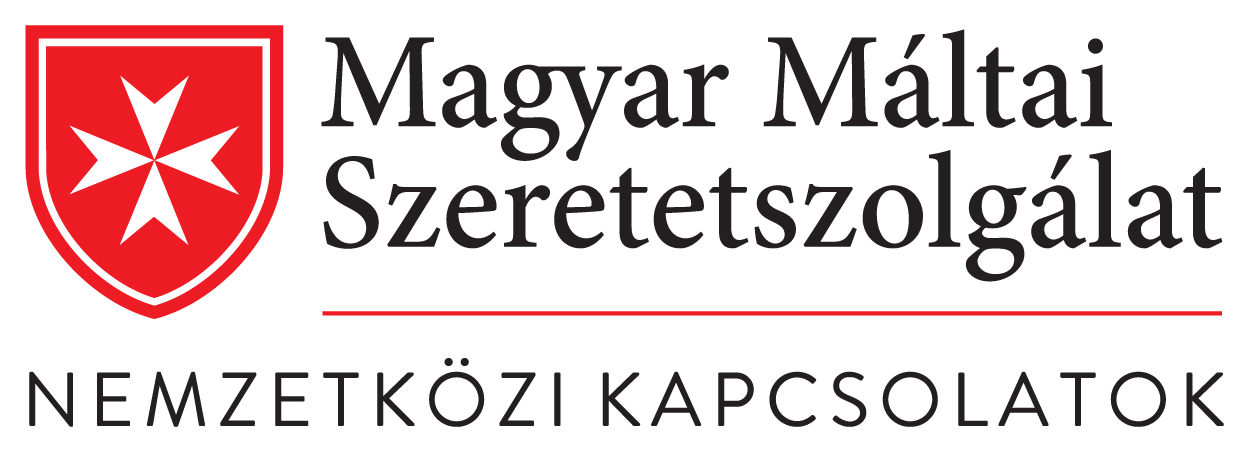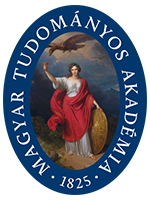CALL FOR PAPERS – African Studies in the Eastern European Context
Call for Papers
African Studies in the Eastern European context
The Hungarian Journal of African Studies/Afrika Tanulmányok is inviting submissions for a special thematic issue focusing on African Studies in Central and Eastern European (CEE) countries not compromised with a colonial past in Africa.
This special issue should animate scholarly inquiry about the conditions of knowledge production about Africa in their own countries to secure a more effective communication of ideas concerning future activities and cooperation amongst institutions and consider various aspects of the future development of teaching and research.
The following questions inspire us, but we welcome any other writings if they relate to the main objectives of the thematic issue:
- Which partnership models could be considered a future collaboration involving African actors?
- What are the visions for future collaborative research and teaching?
- What is the status quo of African Studies across CEE countries and in a wider Eastern European context, also including Turkey?
- In which direction should the African Studies in these countries be heading?
- Are there any obstacles, challenges and opportunities on the way?
- Eastern European and Western European perspectives on African Studies and the changing academic landscape
Introduction
New ways of cooperation in African Studies are emerging due to the awareness of the necessity of collaboration as a way to underpin a commitment to learning about the African continent in general and several African countries and regions in particular, coupled with pragmatic foreign policies and (re-) engagement aspirations on the level of the state. Recent trends have led to an increasing interest in new formats of research and teaching, as well as collaboration between researchers and institutions (including various African Studies Associations, as well as centres and institutes of African Studies) situated in countries with different backgrounds concerning their colonial past.
This special issue aims to open a debate about ongoing efforts as well as future visions for research in African Studies in CEE countries and the wider Eastern European macro region that do not possess – in a direct manner – a past as ‘colonial powers’ in Africa (although both the Ottoman Empire and the Austrian-Hungarian Monarchy were participants of the Berlin Congo Conference), focusing on the ability as scholars to transform the academic debate on Africa and African Studies. Contributions can offer enriching thoughts for African Studies, as sharing experiences can be helpful for future visions for research.
The contributions will offer sketches for a debate about the conditions of knowledge production and sharing in their own countries for securing a more effective and comprehensive communication of ideas concerning future activities and cooperation amongst institutions, also considering various aspects of the future development of teaching and research.
Studies – which can be standard research articles and scientifically sound essays – can be situated in a variety of sectors or geographies or can be entirely theoretical. We welcome contributions from a broad range of (inter)disciplinary perspectives, including but not limited to history, anthropology, political science, international relations, development studies, philosophy and others. We are open to any other ideas that involve Central and Eastern European and Turkish individuals, academies and other organizations within the African continent.
Submission Guidelines
To be considered for our special issue, please, adhere to the following timeline:
Abstract Submission Deadline: February 20, 2024
Submit your abstract of about 200 words and proposed contribution title to the Editor-in-Chief, Istvan Tarrosy (tarrosy.istvan@pte.hu), and to the Guest Editor, Nicola Melis (nicola.melis@unica.it). Abstract selection via acceptance e-mails will be done until March 20, 2024.
Full Manuscript Submission Deadline: July 31, 2024
Following abstract acceptance, submit your full manuscript (40,000 characters in length, including spaces). For more details about author guidelines, see HJAS submission guidelines.
All submissions will undergo a double-blind peer-review process.
Previously unpublished manuscripts: Submitted manuscripts should not have been published previously nor be under consideration for publication elsewhere (except conference proceedings papers).
Review process and paper revisions will take place in the months between August and November.
We aim to finalize the issue by December 20, 2024 and publish the articles online first. Standard (print) publication will be out by the end of February 2025.
Special Issue editors
Nicola Melis, University of Cagliari, Sardinia (Guest editor for this issue)
Istvan Tarrosy, University of Pecs (Editor-in-Chief)















